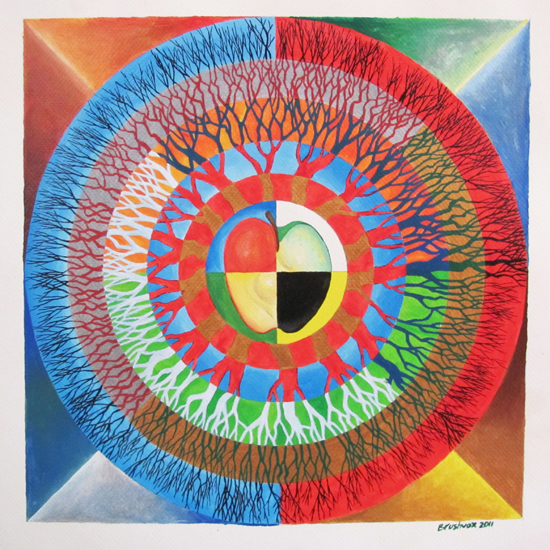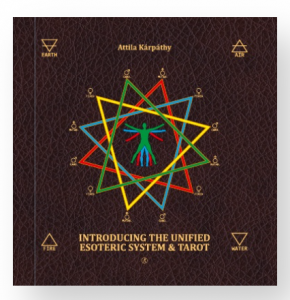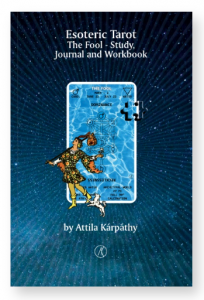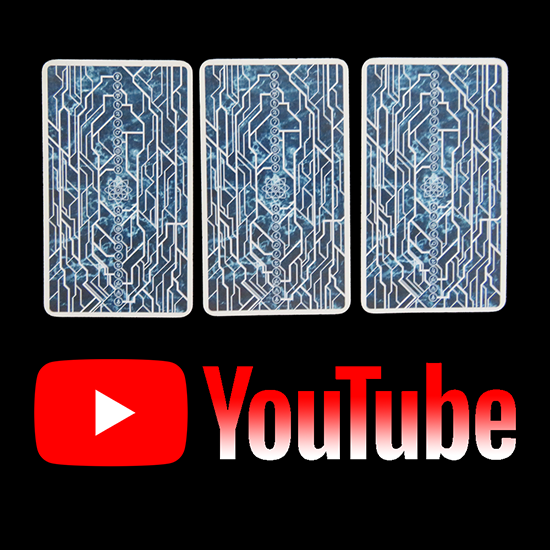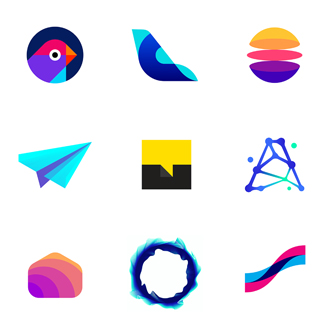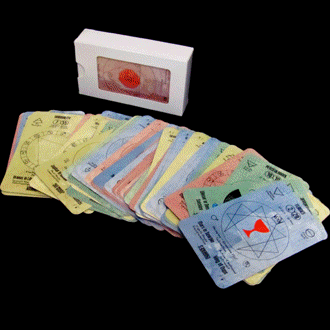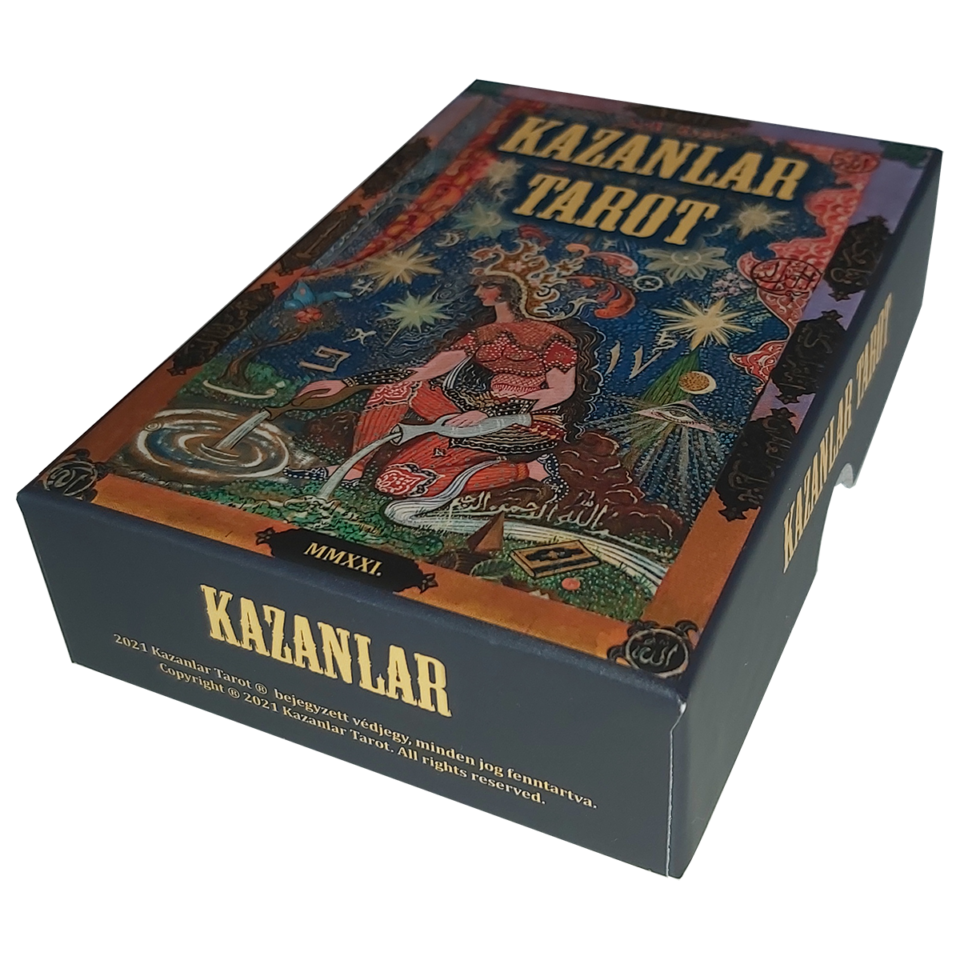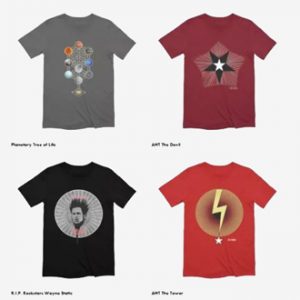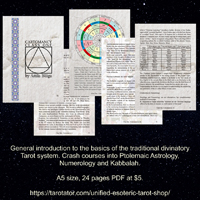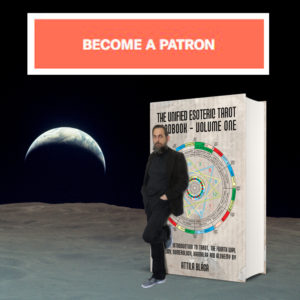In the heart of Bucharest is a small warehouse-like bookstore exclusively packed with books printed in English. Although the store is wildly unorganised, the prices are pretty decent, and it is worth spending some time digging for intellectual gold.
I bought all kinds of books, from literature to esoteric matters.
A couple of months ago, I bought a book about David Bowie, “Why Bowie Matters,” written by Will Brooker, an English academic.
I’m not going to talk about Bowie or the book.
Speaking about his trajectory in life, Mr Brooker wrote:
“I’d give up a lot since I was eighteen, I realised. Our education system in the UK is focused on narrowing down as we get older, becoming more expert in fewer things, and as a career academic, I’d squeezed myself through that funnel system. As a teenager – even in my early twenties – I’d still sometimes felt free enough to draw, paint and sing, just for the fun of it; to experiment creatively in areas I knew I was never going to follow up professionally. I was fluid with fashion, combining dangly earrings, eyeliner and floral scarves with leather jackets and biker boots. I took the occasional evening class in acting and improvisation. I’d been fluent in French and German, and lived with families in Paris and Berlin. But gradually I let it all go. I gave up foreign languages when I chose a film and English degree at age eighteen, and abandoned filmmaking when I failed, predictably, to break into the industry. I picked up some part-time teaching and found that the preparation, travel and marking took up all my time. I told myself I’d keep up my creative writing, but I was too tiered after work.
By my mid-twenties I’d cut almost every creative activity from my life, as I devoted myself to a PhD. Anything surplus was forgotten. Acting and singing weren’t going to get me employed. I was never going to be a great artist, but I was becoming a promising academic. I’d learned the lesson that you shouldn’t show off your work unless it’s above a certain standard. People don’t praise a thirty-year-old for a half-decent drawing the way they do a kid at primary school. They’re embarrassed. They want you to wait until you’re better, and if you don’t get better, they’d rather you kept it to yourself, or maybe just stop.
So, I concentrated on academic writing, and honed myself to specific roles and hit specific targets. I got a PhD. I got a job. I got promotions. As a head of the film department at thirty-five, I couldn’t mess around with vintage clothes and make-up. I was expected to wear suits, so I bought a lot of suits. By the time I started my Bowie research, aged forty-five, I’d barely drawn painted, or sung in public, or performed creatively, or dressed up imaginatively, for twenty years. In a way I’d done well, but I’d also lost a lot of myself.”
Unfortunately, this is not only the British educational system. It is a global plague.
In Mr Brooker’s story, I recognise the life of a dozen of my friends. However, none of them ended up as acclaimed academics but more frequently as waiters, construction workers, drivers, and other honourable employees.
Don’t get me wrong, there is nothing wrong about being a driver, a factory worker, a plumber, a nurse, a street cleaner, a waitress, a construction worker, or a cashier. Every job is important (essential, as they call it recently), and everyone is entitled to earn a decent living.
Yet, I believe it is a pity when talents get wasted. Not everyone can play the drums, write poetry or bring incredible images to the surface from underneath the blinding whiteness of a canvas. Talents should be nurtured, protected, and grown.
Human evolution would not be possible without these exceptional beings. And it is better to invest in 99 potential talents that don’t pay off rather than waste one genuine talent. Contemporaries rarely are qualified and equipped to measure the actual value of their fellows.
Our society is deviated, and its criteria to evaluate worth are reduced exclusively to material aspects.
I’m an occultist. It may sound old-fashioned and frightening, but practically, it means that I deal with the invisible world, with the unseen which lies behind – or beyond, it is only a matter of perspective – the visible and touchable material world.
While my conscious esoteric journey only started when I was 21 years old, my interference with the invisible world started much earlier.
Since a very young age, I had a vivid imagination and an active way of dreaming. Imagination is the high-octane fuel for creativity. Active dreaming is an incredible tool for dealing with various issues and aspects of life.
I was anxious to fall asleep to relive and change or improve events from my waking life. Also, I could find solutions for matters I couldn’t figure out during the day and even find lost objects. For instance, if I could not find a toy or anything else, I focused on that matter when I fell asleep and dreamed where it was. The next day, that object was in the exact spot I dreamed of. Likewise, when I couldn’t figure out some theoretical matter during the day, in my dreams, I understood and found the solutions quite easily. It was all just a game, but it developed into a highly efficient instrument that I still use as an adult.
One of my first artistic inclinations was drawing and painting. My mom had a large art history book, and as a small child, I was fascinated by René Magritte’s paintings. I wanted to tap into the same (surreal) world. And to some extent, I did. I revealed on my canvas images that only I could see. Eventually, I painted and sold a couple of hundreds of paintings. However, I failed to be admitted to the visual arts college.
As a young adolescent, I started writing novels and poetry. One of my language and literature teachers encouraged me and considered me brilliant. Besides my technical books, I’m still writing several novels that need to be finished and published.
The next challenge involved a microphone and fronting a garage band. Listening to an Exploited record, the guitarist of a nameless band performing in his cellar, who looked at me, told me: if Wattie Buchan can sing, you can do it too. And I did. We managed to rise to local and national fame, released a vinyl single at a French independent label, and we’ve been quite popular and successful for a while. And it was good while it lasted.
I still have two keyboards, and occasionally, I like to play the piano and compose music. However, my music will never be so popular because it sounds odd and unfamiliar – like it is not from this world and I don’t necessarily follow the rules and criteria of this world. Truthfully, I do not feel the need to be popular either.
Sometimes, success is achievable with less talent but sufficient will and hard work. However, what truly matters is what someone wants to achieve.
I didn’t understand in my younger years that all these things are connected and fit into a larger picture, and they all converge into one.
For instance, the musical octave on the piano’s keyboard is a truthful map of our solar system.
All those early experiences, apparently unrelated to my later spiritual evolution, had a significant part and impact on it. I better understand Astrology because I know basic music theory and how to play the piano, and vice versa: I have a better understanding of music through an astrological perspective.
At the age of 21, I was drawn to the Tarot. However, Tarot is not “just Tarot”. It put me on a journey of endless discoveries and learning. Besides the obvious connections to Astrology, Numerology, Kabbalah and Alchemy, I studied Astronomy, Physics and Quantum Physics, Psychology, History, Cosmology, Anthropology and so on.
Specialising in Tarot practically means that I have constantly enlarged my perspective and knowledge base, and I am a better astrologer because I am a Tarot theoretician and practitioner. I am a better occultist because I can correlate and interpolate these notions and practices.
I believe that specialised should not signify a reduction to something specific, but on the contrary, it should mean growing and enlarging our knowledge and understanding.
And it is not exclusively about becoming a professional, but a better person.
I didn’t understand the importance of all these connections with various spiritual realms and how they work.
The key function of occultism is communication – not only with people from this world but also with other worlds. We are building bridges and connecting dots.
PS And don’t lose yourself.
Please consider supporting my work by joining Patreon and gaining access to exclusive materials.
https://www.patreon.com/attilakarpathy
Thank you very much!

